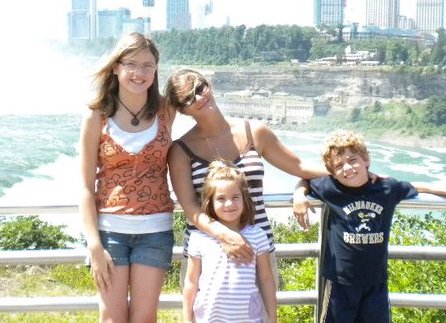
I think, to start, you should have a sense of what it meant to be a 14-year-old girl in 2009.
Particularly, a 14-year-old girl who, for the first half of that year, wore crocheted headbands and floral canvas skirts, and in the second half began experimenting with eyeliner and Hot Topic. A 14-year-old girl who sang misguided choral arrangements of ’90s and 2000s pop music in the school choir, who had crushes on football players, who had an after-school job in a deli and was, at that specific time, trying to teach herself to play guitar. A 14-year-old girl who was only on the cusp of questioning the relationships she had been brought up in, the church she had been raised in and the ways they at once promised and delivered her from loneliness and shame.
A 14-year-old girl who, like I imagine all 14-year-old girls do, had lost that person she’d known herself to be for all of her life and had begun searching for someone new to become.
I want to help you understand why I might not want to remember any of this, why I do every day anyway, and why I am now sharing it with you. Maybe if you understand me as I am now and who I was then, you will better understand the boy who raped me, the reasons I never reported him for it and the reasons I still have no intention to.
I cannot definitively say what happened. I can say that the first time, I was 14 years old. I can say that it was not the only time. He was older and popular. He dated pretty girls and did fun things on the weekends. He had a car. He made me laugh.
I tell myself when a memory becomes a memory of a memory, when it’s been whittled down and parsed so thin you can only see it in snapshots, it loses its credibility. But then I see the dirt road leading to the wet clearing in the middle of those dark woods. I see the dirty backseat of his too small for two bodies to be stacked together like that car. I hear him tell me to “keep this between us.”
I am trying to wrap the truth of what happened in sentence structure and metaphor. I am trying to conceal the facts in syntax. Because to put it plainly — to say for more than two years a boy several years older than me manipulated, coerced and shamed me into sex, and on more than one occasion forced me into it — would be too real. It would anchor this thing that happened to me to the real world. It would pull it from the abstract and lay it clearly, unavoidably at my feet.
Part of my reluctance to out myself as a victim of rape comes from the role I believe I played in letting it happen. I think about my own adolescence and the ways in which that adolescence, naive and self-effacing, invited his attention. I think about the modest house on the highway and the bedroom window I tried twice to sneak out of before realizing it was more conspicuous and less convenient than just using the front door. I think about how little my parents must have known about the person I was, how exhilarating it felt to break with expectation. I have a hard time reconciling my willingness to barter with my comfort zone against the irrefutable understanding that what happened to me was out of my control. I can’t shake the thought that this was my fault.
People tell me I have a voice. They can hear it in my writing. They expect it in meetings and at parties. It annoys them or it doesn’t. They notice when it is absent. My silence on this point, then, is uncharacteristic.
But I have had nothing to say about it — not to my closest friends, not to my teachers, not to my parents. My relationship with this person was just another event I wanted to forget and abandon and move past. Do I get another point against me because I never told anyone?
I have tried to keep this story apolitical and pointed. I don’t want my experience to be used against me in a partisan war of words. But rape is inherently political. When victims began accusing Trump of assault, my dad said he did not believe them. I asked him if he would believe me if I came forward years later. He said he would not.
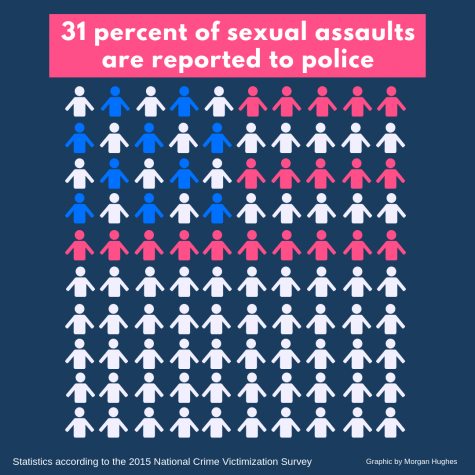
Women who are assaulted do not tend to report it to the police and they do not tend to report it to their families or their friends. I have felt embarrassed and ashamed and dirty for all of my adult life, and I am afraid of how I will be perceived now, with this admission in the public record.
I was compelled to write this in the wake of current political events, but I am not naming names. I am not accusing anybody of anything. I am not reporting my rapist. I likely never will. This feels to me the more selfish of my options. I should speak up. I should be brave. I should empower other women and protect those who might cross paths with this person who assaulted me so many years ago. I should honor the women who have come forward by coming forward myself. But I cannot.
Not coming forward also feels like the practical decision — the one rooted in shame and self-loathing, the decision of a woman who believes it was her fault. The decision of a woman who knows no one would believe her anyway.


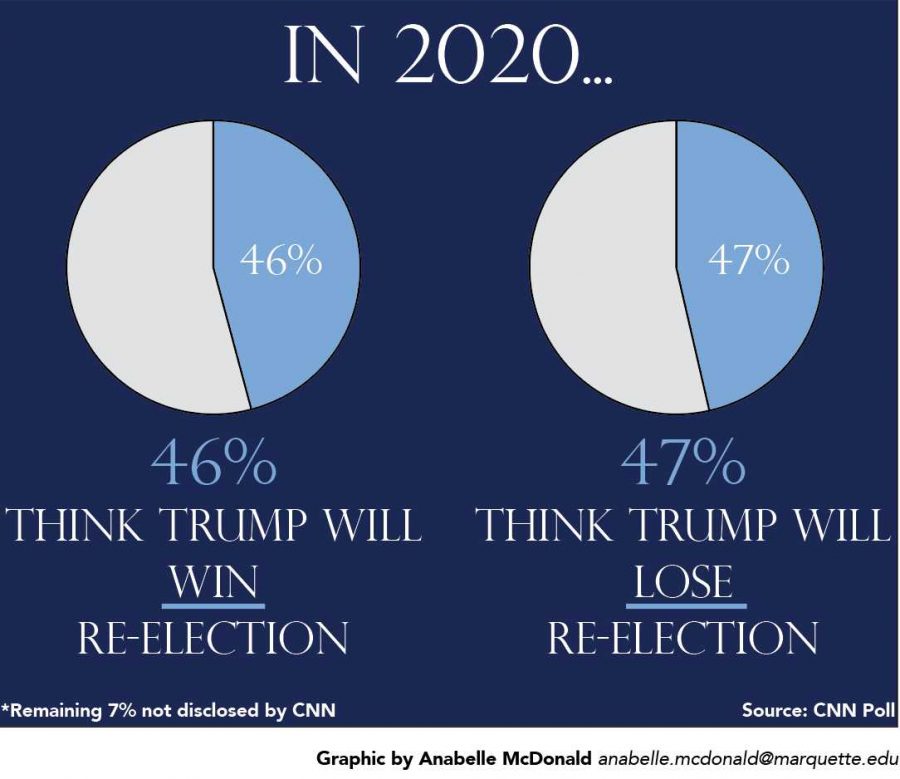
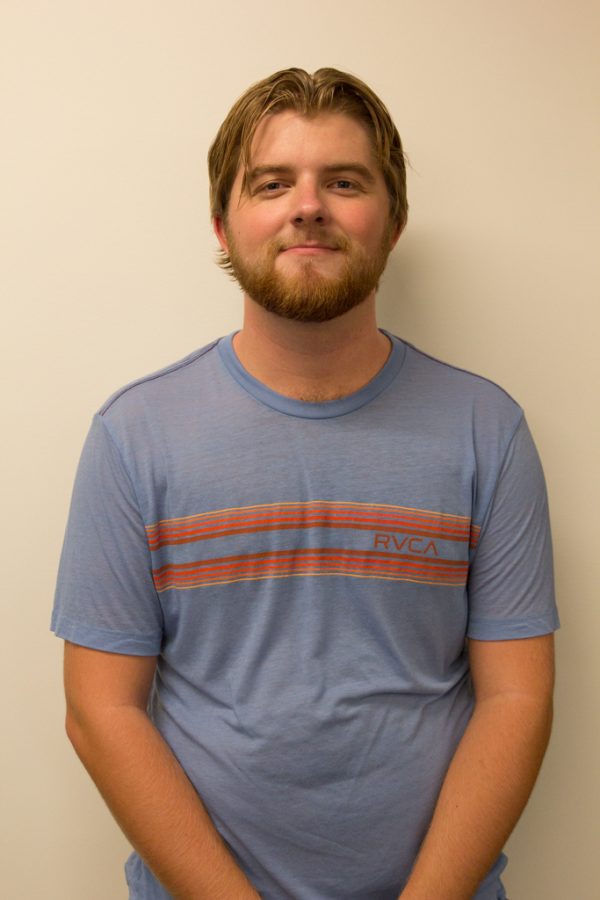
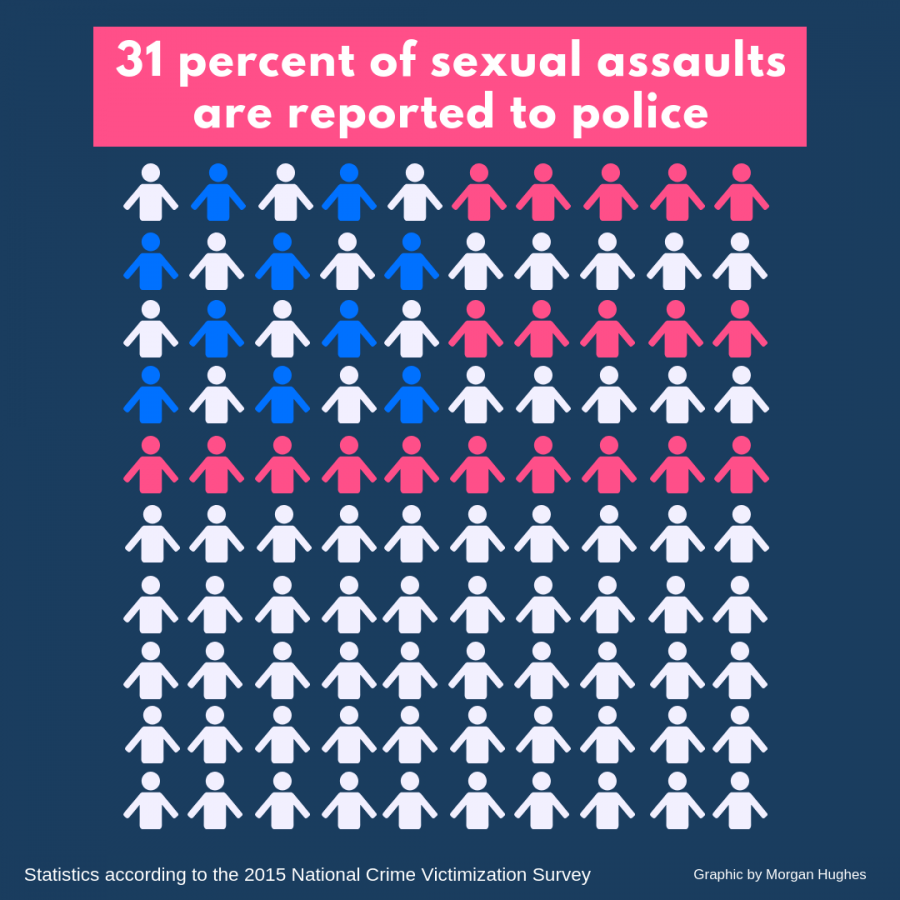
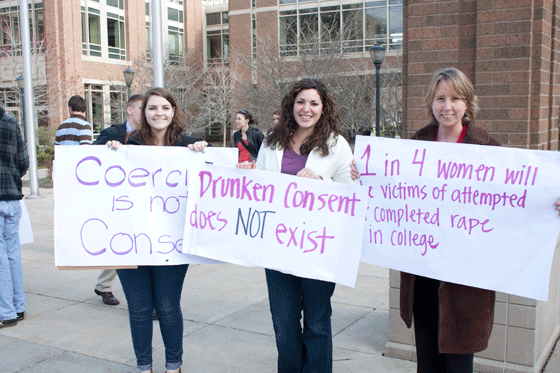
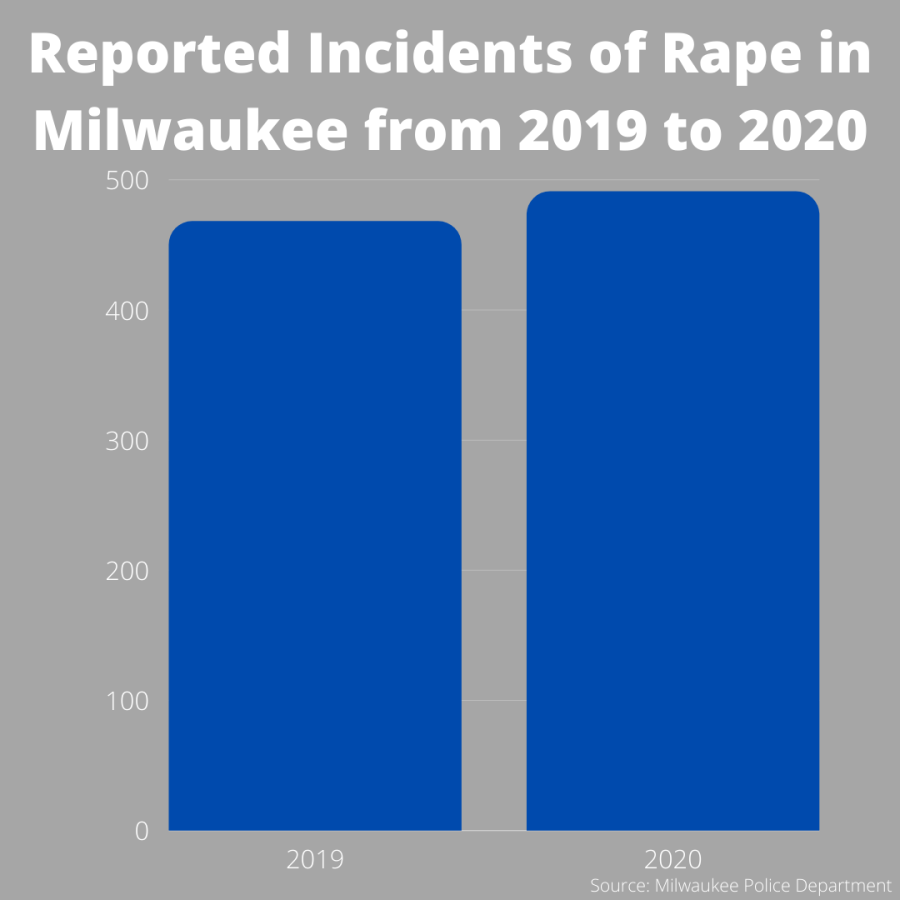
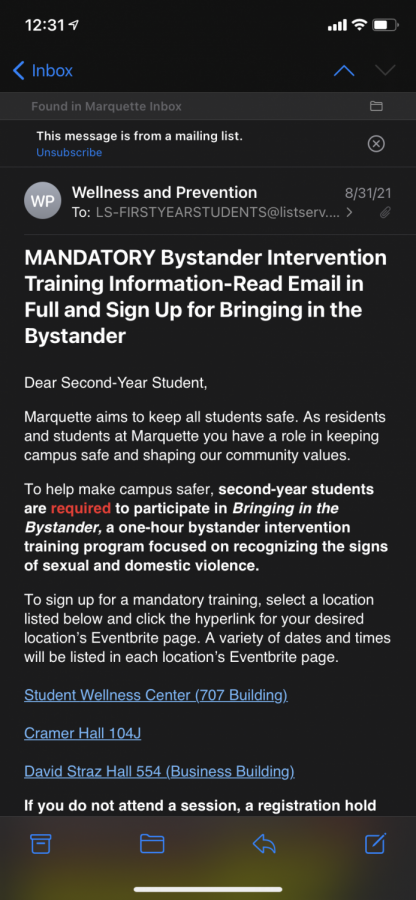
Ali • Mar 24, 2021 at 11:42 pm
This is extremely brave of you to write about. I went through an experience way too similar to yours. I’ve finally come to terms with my sexual assault years later and I’m still having a hard time trying to remind myself that it’s not my fault but my friends luckily remind me that it isn’t the victims fault because the rapist should have never put you in that situation and knew what they were doing. But also I also feel the same way about not ever wanting to report him. I feel kind of guilty about not reporting him but at the same time I feel like I would feel just as guilty about reporting him like as if I was putting this burden on him and everyone. Anyway reading your article is really touching and really hits home with me and it’s reassuring to know I’m not the only one feeling this way and I just want to say thank you for writing this article.
Laura McNabb • Oct 12, 2018 at 10:22 pm
Brilliantly eloquent. It takes immense strength to share such a personal experience. It is so, so important to hear the stories of those who have been sexually abused. Empowerment comes from looking at our lives blatantly, honestly, and courageously, and then choosing to weave those recognitions into who we are. Sexual abuse and assault can make us, or forces us, to feel voiceless. Thank you for using to voice to help yourself heal, and to heal and empower those with similar stories. Keep writing, Morgan. We need your voice.
Linda • Oct 9, 2018 at 5:37 pm
I’m sorry that this happened to you and that you do not feel that you can come forward. I feel that we older females have failed our daughters. Yours is not the first story that I have heard of a young woman that was raped. She also blamed herself for what happened to her because she was drinking and invited him over. But what happened to her was rape. While our older generation was busy trying to empower ourselves, in the workforce and relationships, we failed to empower our daughters. I’m sorry and may you find peace with your decision.